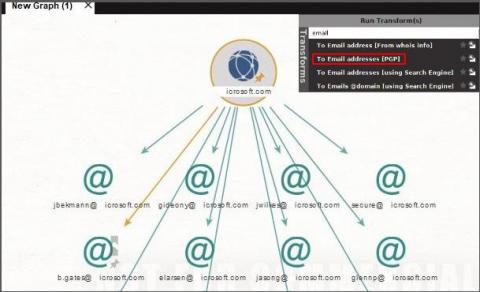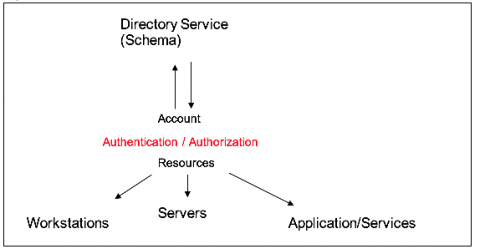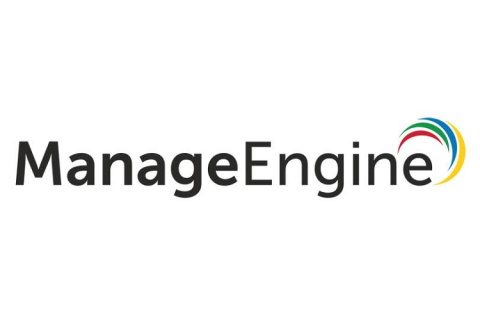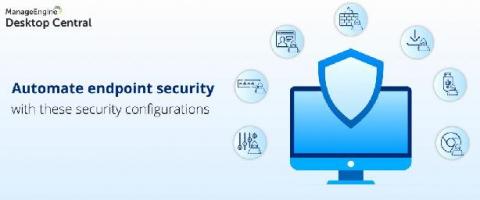Email, security, and breaches
Email-based attacks can take many forms, and are typically deployed by cybercriminals in order to extort ransom or leak sensitive data. Just recently, a banking Trojan named Trickbot targeted Italy, a hotspot for COVID-19 cases, with email spam campaigns. While the email subject line is in line with the daily concerns and talks about spread of the virus, the attachment was actually a malicious script.











